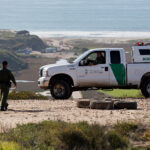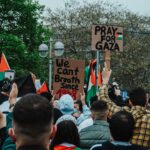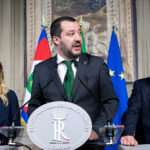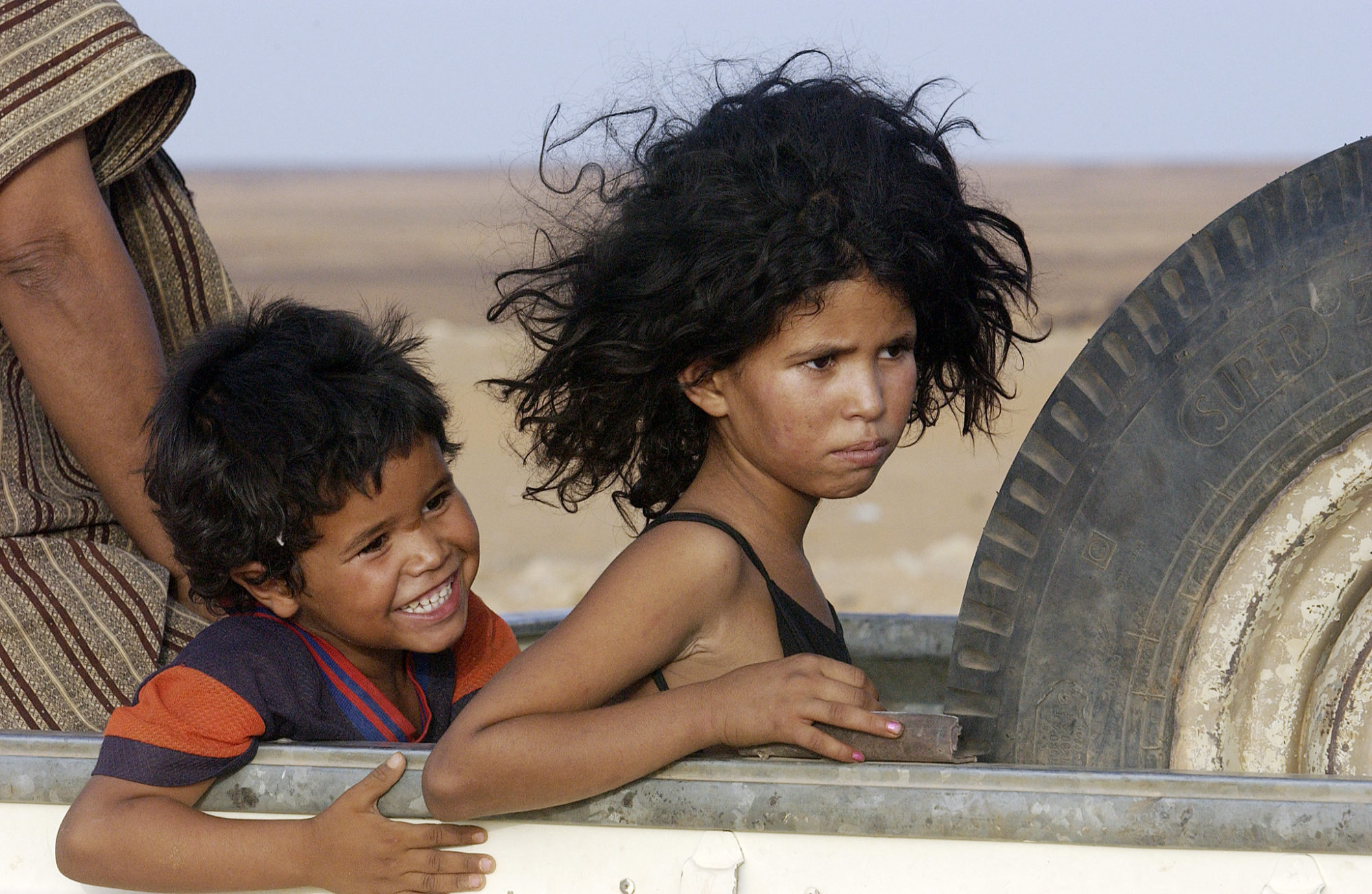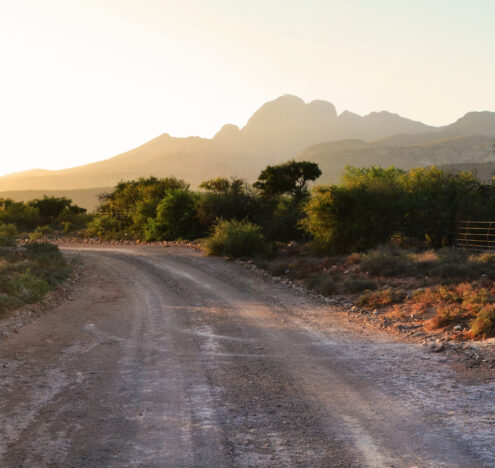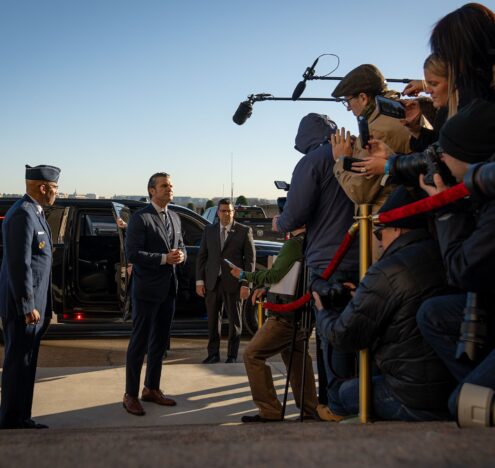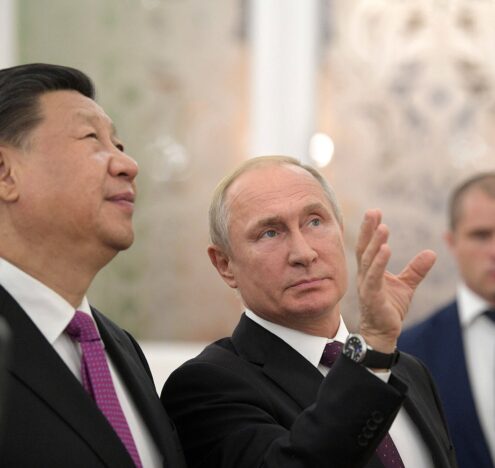The recent collapse of a near-thirty-year ceasefire in the disputed Western Sahara risks turning into a humanitarian crisis and undermining regional stability. Hostilities between Morocco and the Polisario Front — a Sahrawi independence movement — resumed last month after a 1991 ceasefire between the two parties broke down. The tensions that led to this most recent outbreak of violence, however, have been repeatedly met by silence in the UN Security Council. Member states have consistently chosen to preserve an untenable status quo. Meanwhile, UN Secretary-General Antonio Guterres has failed to appoint a Personal Envoy to Western Sahara since the previous envoy resigned more than 18 months ago. The United States and other UN leadership must finally step up and act to ensure a mutually agreeable political solution to the conflict is found before it’s too late.
In Western Sahara, a former Spanish colony, conflict between Morocco and the Polisario Front began in earnest following the withdrawal of Spain from the region in 1975. During the subsequent war, Morocco took control of roughly 80% of the disputed territory and tens of thousands of Sahrawis fled to makeshift refugee camps in the southwestern Algerian desert, where they have remained for the past 45 years. Aceasefire was signed in 1991 and the UN established MINURSO, a peacekeeping mission whose central mandate remains to “organize and ensure a free and fair referendum” on independence for the territory.
The current situation in Western Sahara throws into stark relief the failures of international diplomacy by the UN Security Council and the entire UN system.
This latest round of fighting, the most serious since the ceasefire, began at a small border crossing in the demilitarized zone between Western Sahara and Mauritania, where Sahrawi protesters gathered in late October to decry widely-alleged human rights abuses in Moroccan-controlled Western Sahara and the UN’s inaction in organizing a referendum on the region’s independence. On November 13, the Moroccan military launched a military operation to break these protests up by force. These actions have led to a larger conflict between Morocco and the Polisario, who declared the 1991 ceasefire “over” later that day.
The current situation in Western Sahara throws into stark relief the failures of international diplomacy by the UN Security Council and the entire UN system. Nearly 30 years have passed since MINURSO was established, yet little has changed for the Sahrawi people. The long-promised referendum on independence has yet to materialize, and the Sahrawi people are no closer to an end to their exile in Algeria than they were in 1991. While a spokesman for Secretary-General Guterres said “MINURSO is committed to continue implementing its mandate,” it is clear that the abject failure of MINURSO to implement its mandate is a leading cause of this restart in hostilities.
Despite its overall failure, the UN has made some recent progress toward a political solution. The most recent UN envoy to Western Sahara, Horst Köhler, was able to bring together both Morocco and the Polisario Front for constructive dialogue in Geneva in 2018. Yet since Köhler’s resignation in May 2019, Secretary-General Guterres has failed to appoint a new Personal Envoy, thus scuttling any potential positive momentum.
Western Sahara has been a victim of stop-start diplomacy and the status quo for far too long. Sahrawis in the refugee camps, abandoned by international diplomats and policymakers, have decided to take their situation into their own hands in a last-ditch effort to draw global attention to their plight. It does not have to be this way.
The resurgence of fighting in Western Sahara must spur UN leadership into urgent action. To resolve this conflict without significant loss of life on both sides, Secretary-General Guterres must immediately appoint a new Personal Envoy who can convene both Morocco and the Polisario Front for constructive talks. The UN Security Council must also at long last launch a legitimate political process leading to a referendum and a mutually agreeable solution. Now is the time for the UN to finally make good on its commitments to Western Sahara.
Alexander Bertschi Wrigley (@BertschiWrigley) is an Emerging Expert on security sector assistance in the Maghreb with the Forum on the Arms Trade and holds an MA in International Security with a focus on North Africa from Sciences Po Paris.




